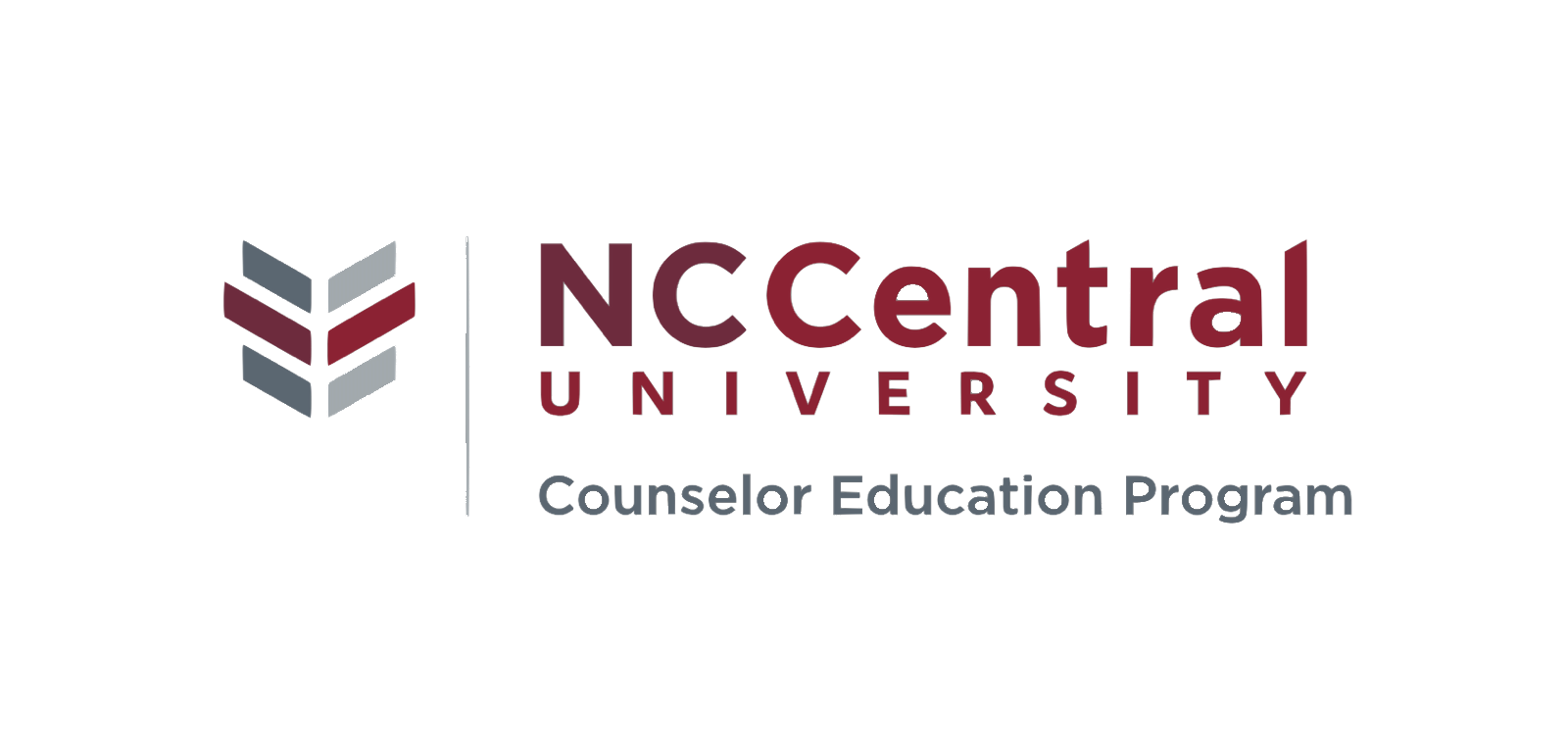North Carolina Central University has three programs accredited by the Council for the Accreditation for Counseling and Related Educational Programs (CACREP). Our Career programs, both online and on campus, School program, and Clinical Mental Health program are CACREP accredited and offer specific benefits for professional counselors.
There are many advantages for attending a CACPEP accredited program.
- Graduating from a CACREP program provides a fast track to the National Certified Counselor (NCC) credential. Upon passing the National Counselor Examination, CACREP graduates receive their certification with no additional requirements other than the five-year renewal requirements.
- Applicants correspondingly receive higher scores on the examination (Milsom & Akos, 2007).
- Research also indicates graduates from CACREP programs experience fewer sanctions by state licensure boards than non-CACREP graduates (Even & Robinson, 2013).
- Of the 50 states requiring state licensure, half require graduation from a CACREP program. As a result, many state boards closely confer with CACREP regarding licensure requirements and the development of portability requirements across state lines.
- A degree from a CACREP program is a major advantage for professional counselors who want to work with military families and veterans. Many federal agencies specify CACREP in their hiring requirements, including the U.S. Department of Veterans Affairs and the Army Substance Abuse Program.
These advantages ensure the identity of the professional counselor -- differentiating the counseling professional from other helping professions. Graduates are assured of core educational requirements in professional orientation and ethics, social and cultural diversity, human growth and development, career development, helping relationships, group work, assessment, and research and development as prescribed by the Council for the Accreditation of Counseling and Related Educational Programs.
Even, T. A., & Robinson, C. R. (2013). The impact of CACREP accreditation: A multiway frequency analysis of ethics violations and sanctions. Journal of Counseling & Development, 91, 26-34.
Milsom, A., & Akos. P. (2007). National certification: Evidence of a professional school counselor? Professional School Counseling. 10, 346-351.
From CACREP's website: Why should I choose a CACREP-accredited program?





